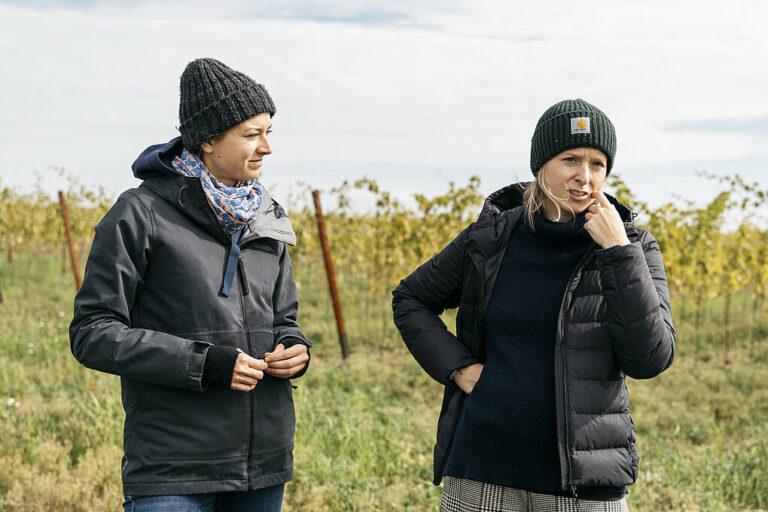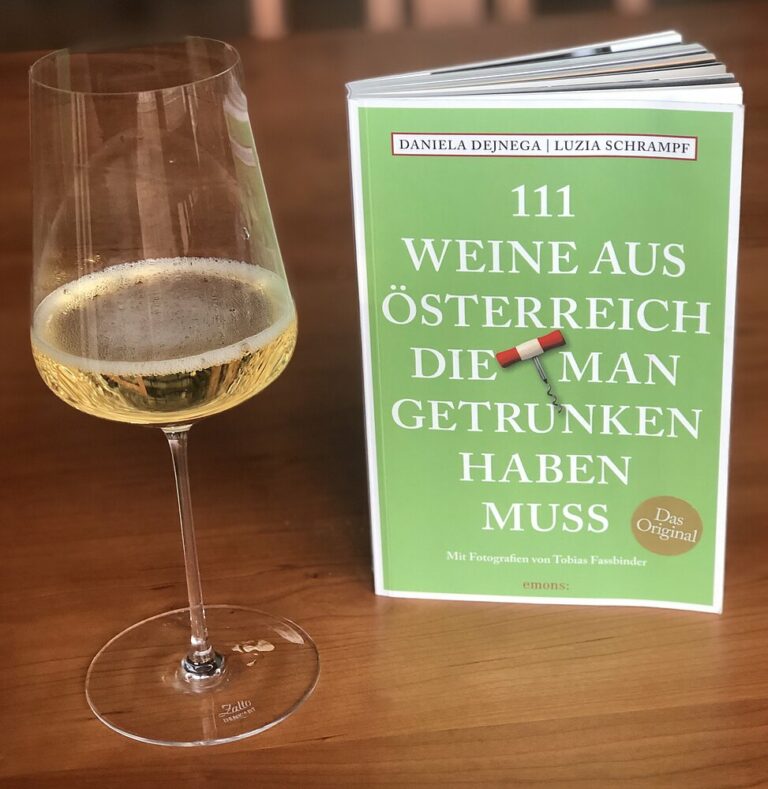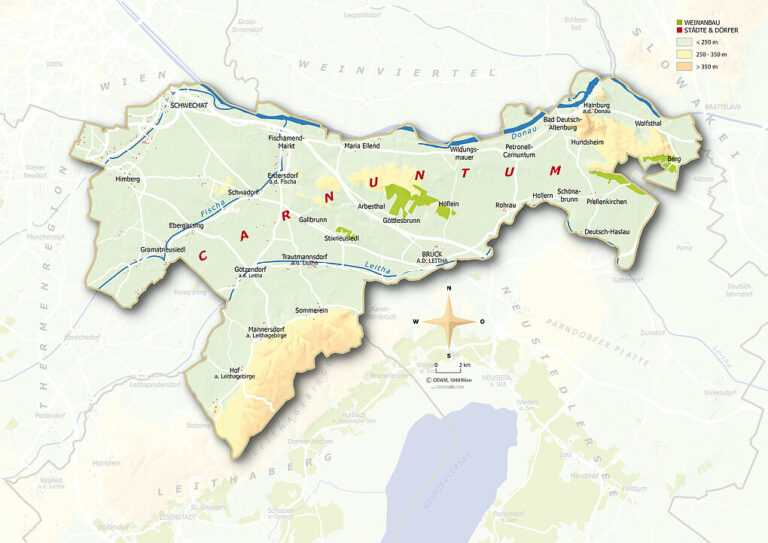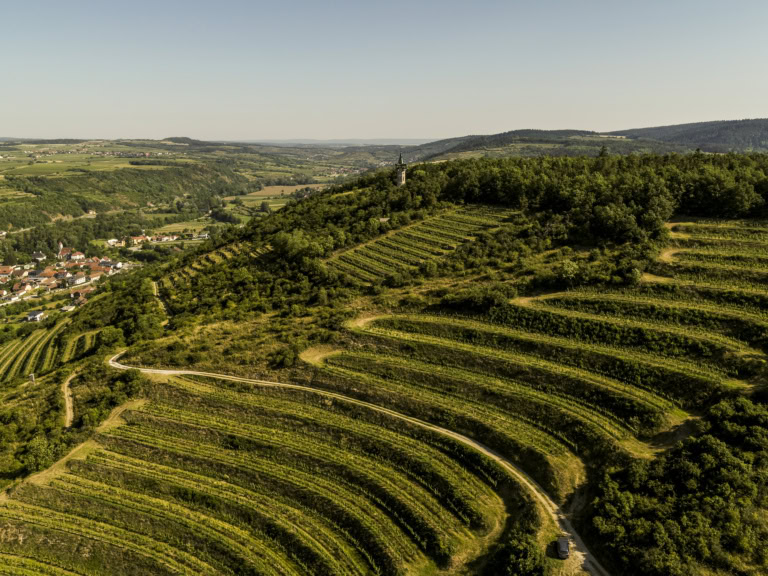Wines with a View at Winkler-Hermaden
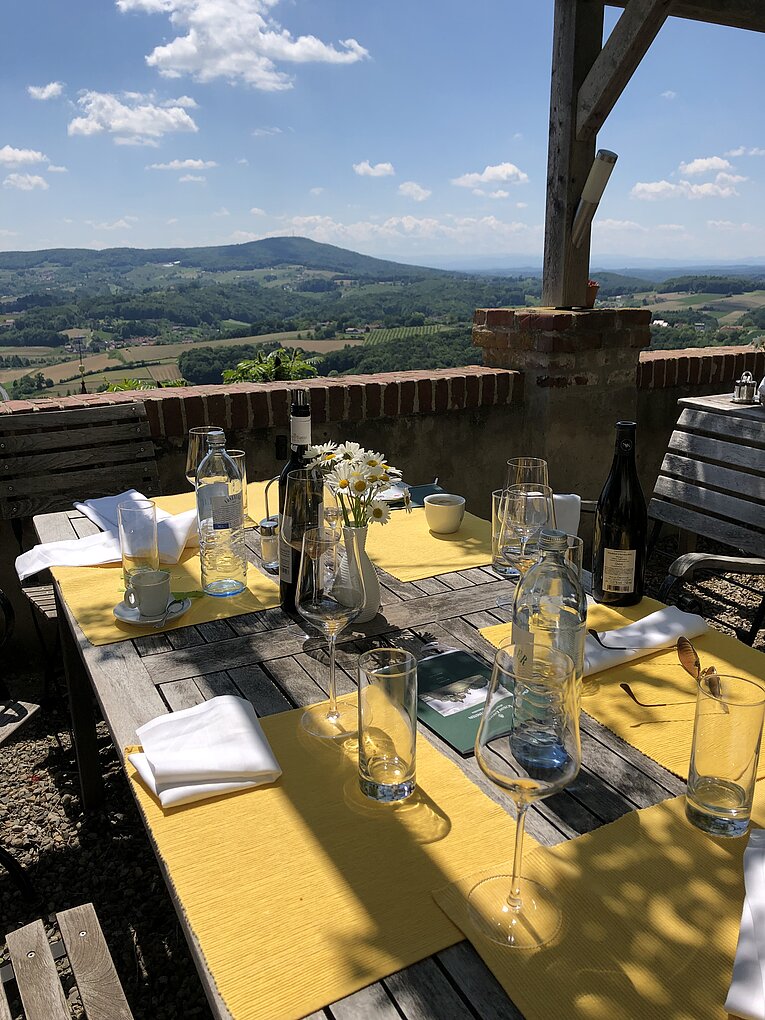
12/17/2021 Photo credit: Valerie Kathawala Wines with a View at Winkler-Hermaden By Jill Barth The story of Weingut Winkler-Hermaden and its home in a striking 11th-century castle starts with a “small, tough” woman. That woman, Magdalene Helene, was current proprietor Georg Winkler-Hermaden’s grandmother. When he found her diary, which she kept from her arrival at the Schloss Kapfenstein in 1916 through WWII, he “began to read and couldn’t stop until the book was finished.” In 1916, Magdalene Helene came to the castle as a young woman to work as a maid. Just two years later, her employer died and…

